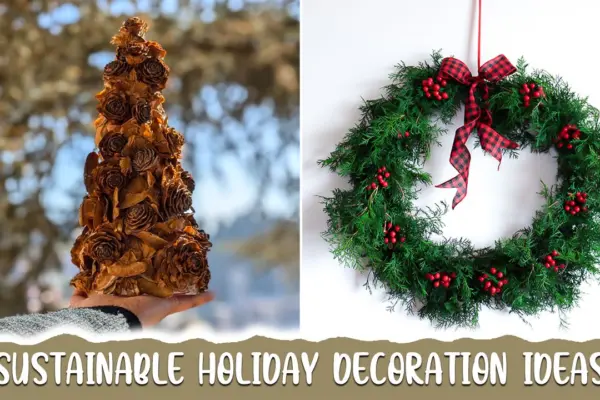Welsh Designer Uses Coffee Waste To Make Stylish Home Accessories
Sarah Christensen is a Welsh furniture designer-maker who blends her professional skills with creativity to make eco-friendly home accessories using espresso grounds
Many people across the world cannot function without having coffee throughout the day. Although health experts recommend limiting the consumption of coffee due to its long-term impact on health, many people still need at least one cup to feel energized. Not just your health, the coffee waste, like used espresso grounds, can harm the environment as well. That’s why many people are creatively turning waste coffee grounds into stylish home accessories.
One such creative and eco-conscious designer is Welsh furniture designer-maker, Sarah Christensen. She started using the spent coffee grounds to make beautiful and practical everyday homeware. However, this material alone couldn’t work the way she desired to make the solid objects.
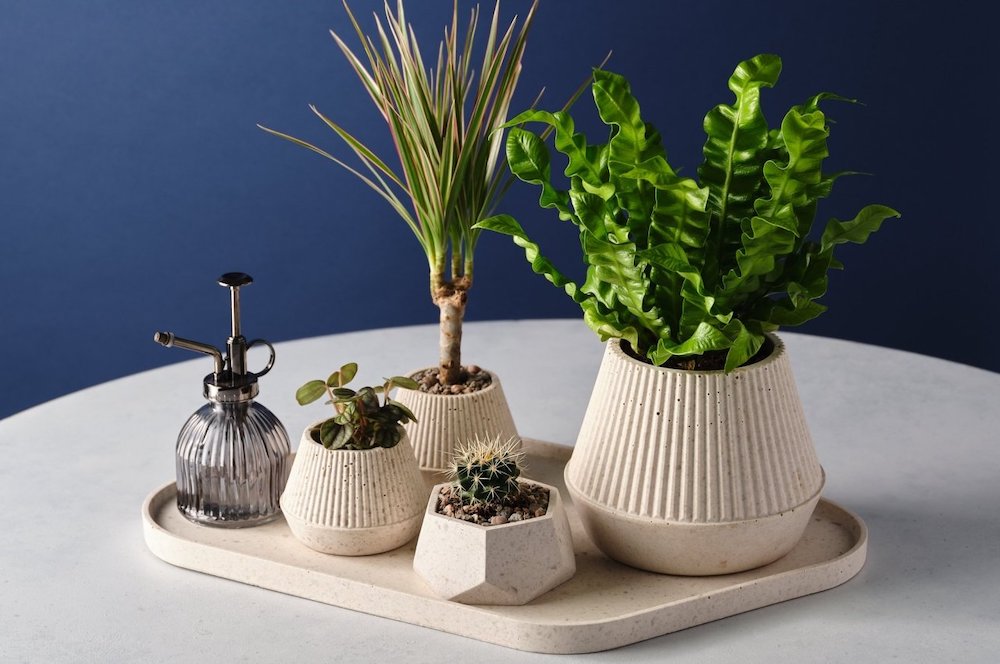
Image: Sarah Christensen
So, the designer had to use another eco-friendly material called Jesmonite. This material is also a non-toxic and VOC-free alternative to resin-based products. Hence, it works amazingly to cast coffee grounds into sheets for storage and then turn into small chips.
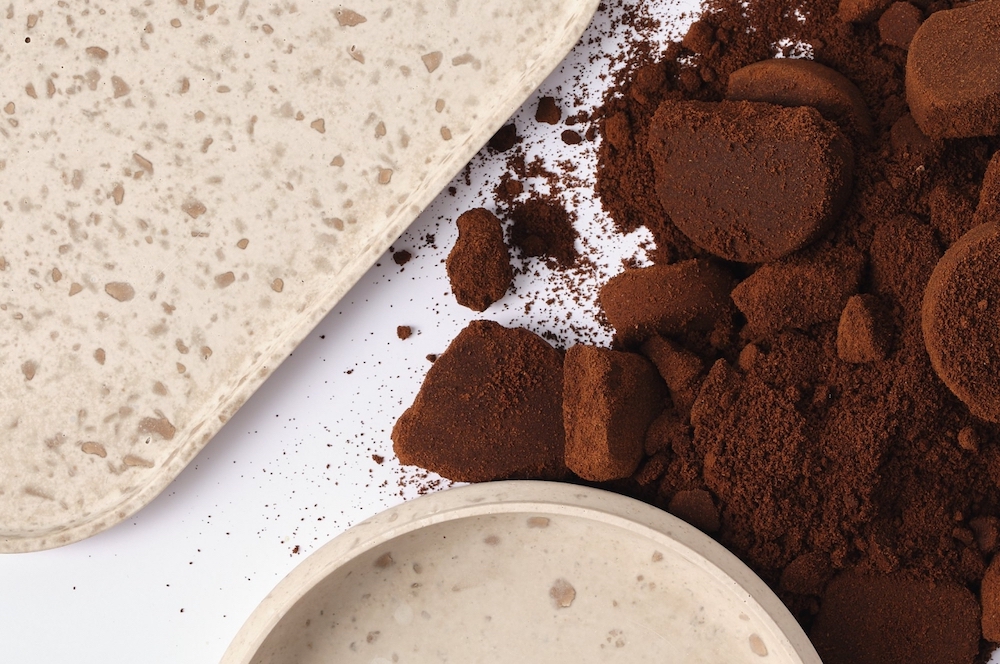
Image: Sarah Christensen
To be precise, Christensen uses 40 percent coffee grounds and 60 percent Jesmonite composite material for making her functional homeware. Along with simple home accessories, she focuses on making plant pots to encourage users for indoor gardening hobbies and lifestyles.
She also makes soap dishes and candle holders that can help homeowners relax after a long day. While relaxing using sustainable homeware, they can realize how their lifestyle choices can impact the world.
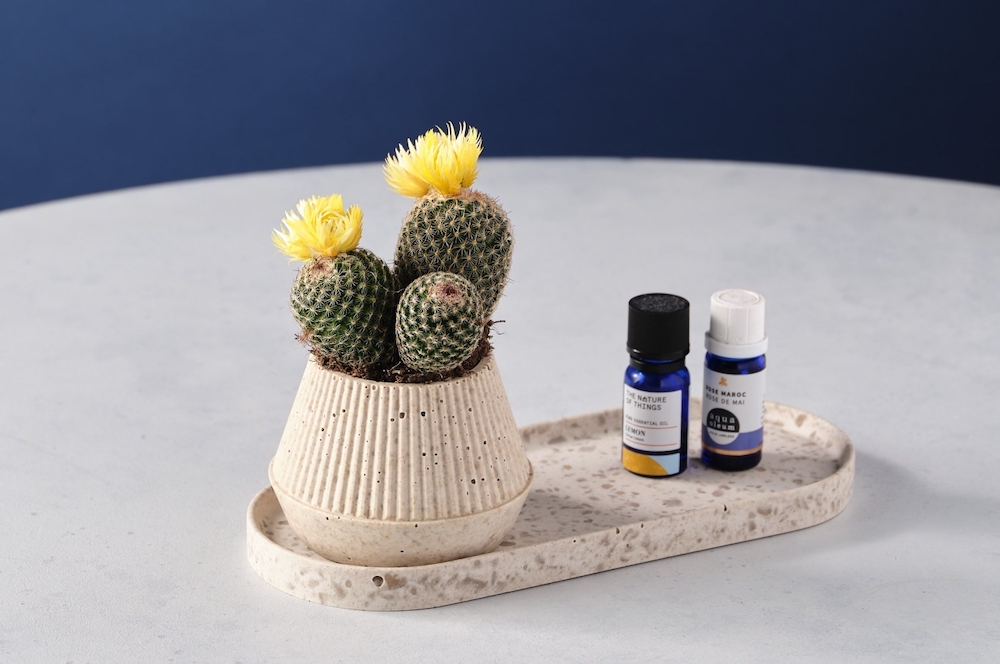
Image: Sarah Christensen
Even if you won’t get such subtle messages and hints, you cannot ignore the fact that these products are quite elegant. On a creamy backdrop, there are specs of brown on each product to add a point of interest and unique character to their smooth surfaces.
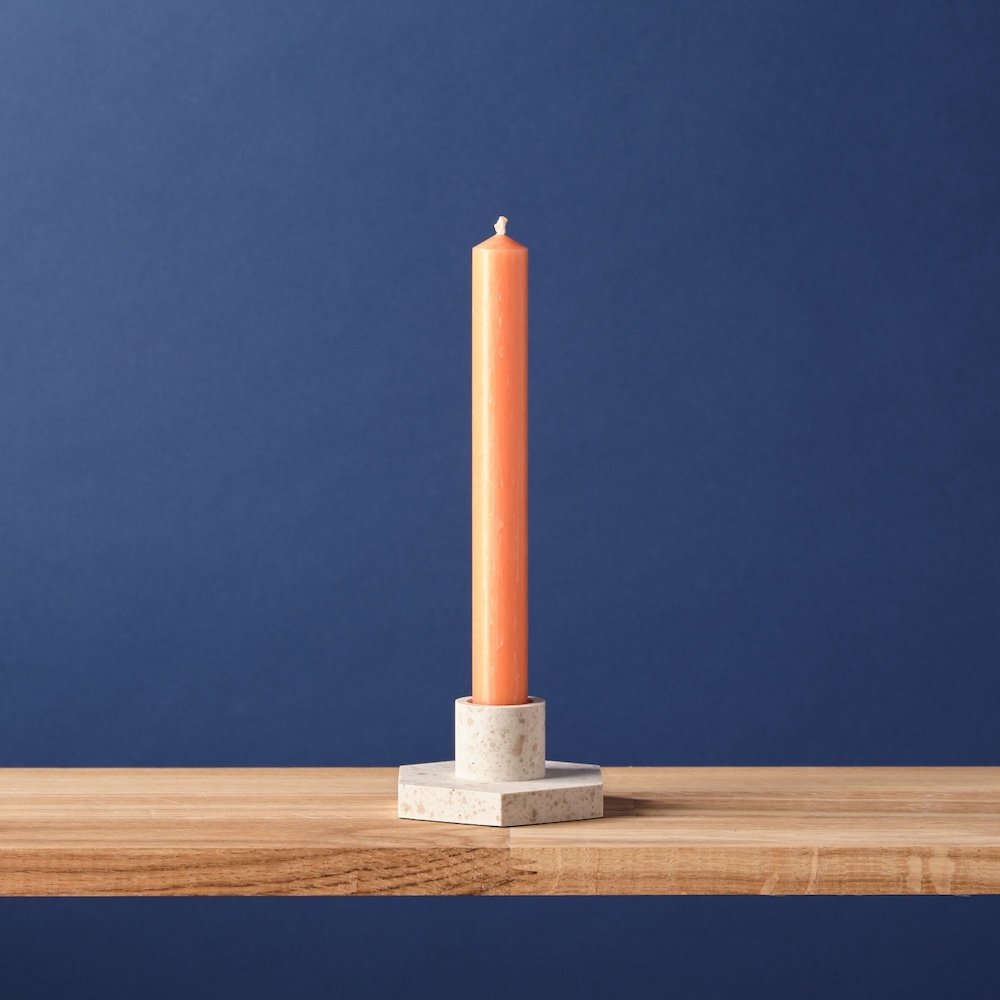
Image: Sarah Christensen
Christensen also aims to bring these home accessories from coffee waste to the circular economy. For example, even their broken pieces are easy to reuse as other things, such as material for buildings and crocks in plant pots. That’s how the world can literally run on coffee, even after it has served its usual purpose to keep you energized all day long while making the world a better place to live.
Moreover, more people will be encouraged to creatively access such sustainable materials and turn them into art or everyday practical objects. Besides, food waste has a great potential to revolutionize the world, but only if we find innovative ways to use it.
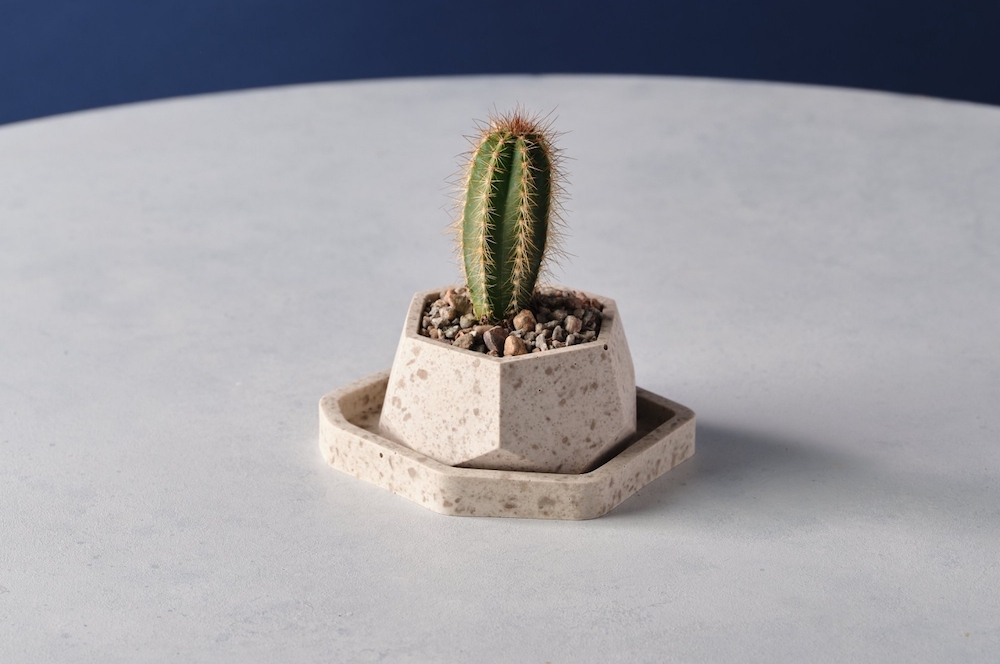
Image: Sarah Christensen
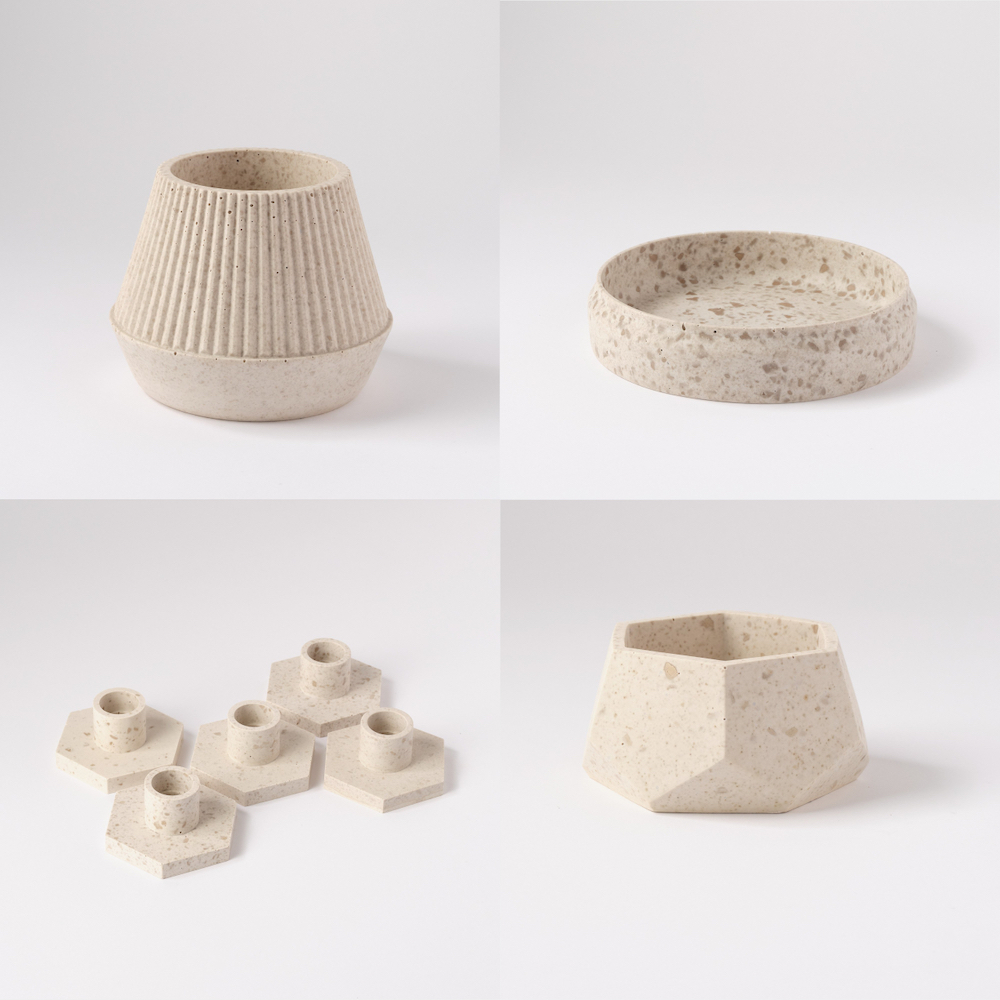
Image: Sarah Christensen
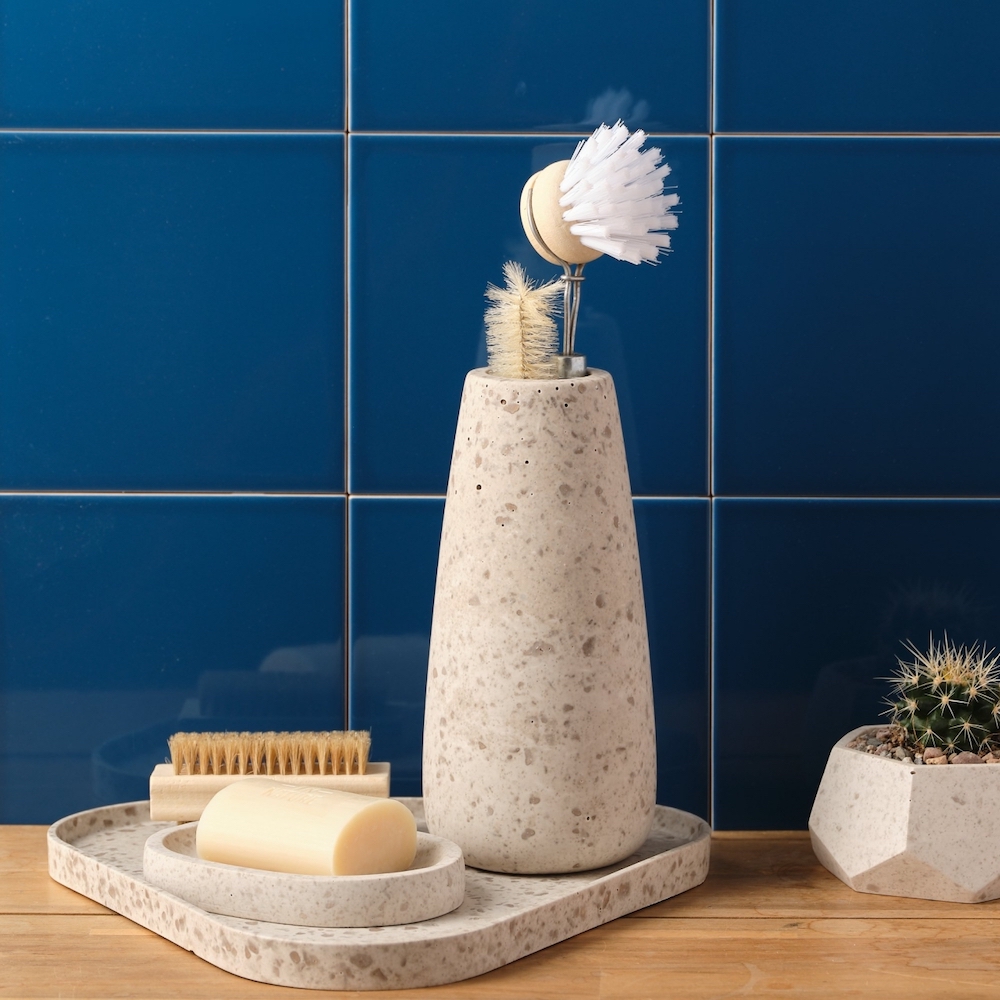
Image: Sarah Christensen
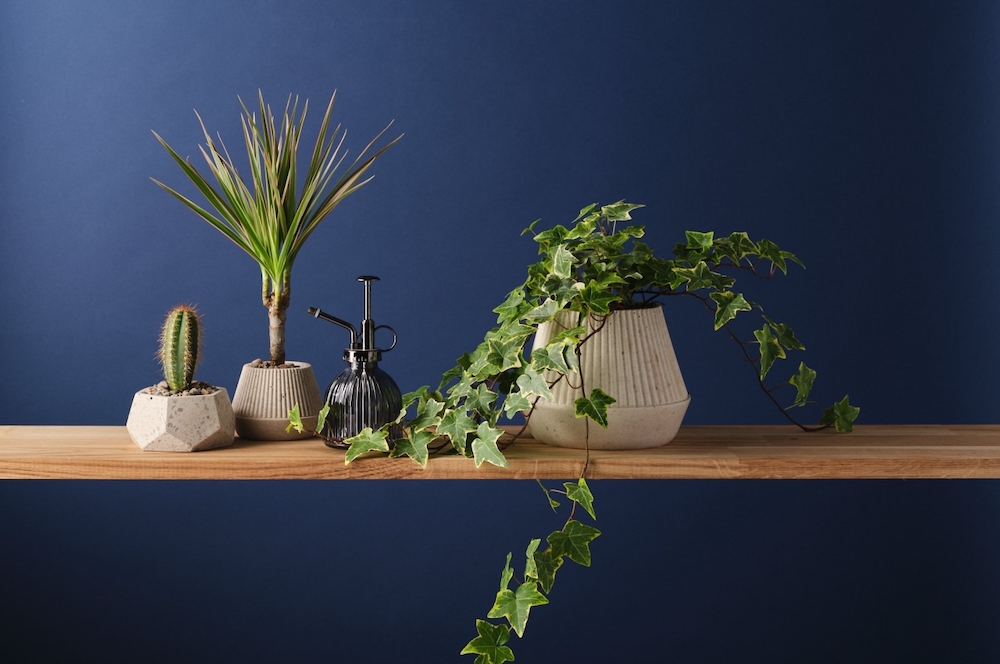
Image: Sarah Christensen
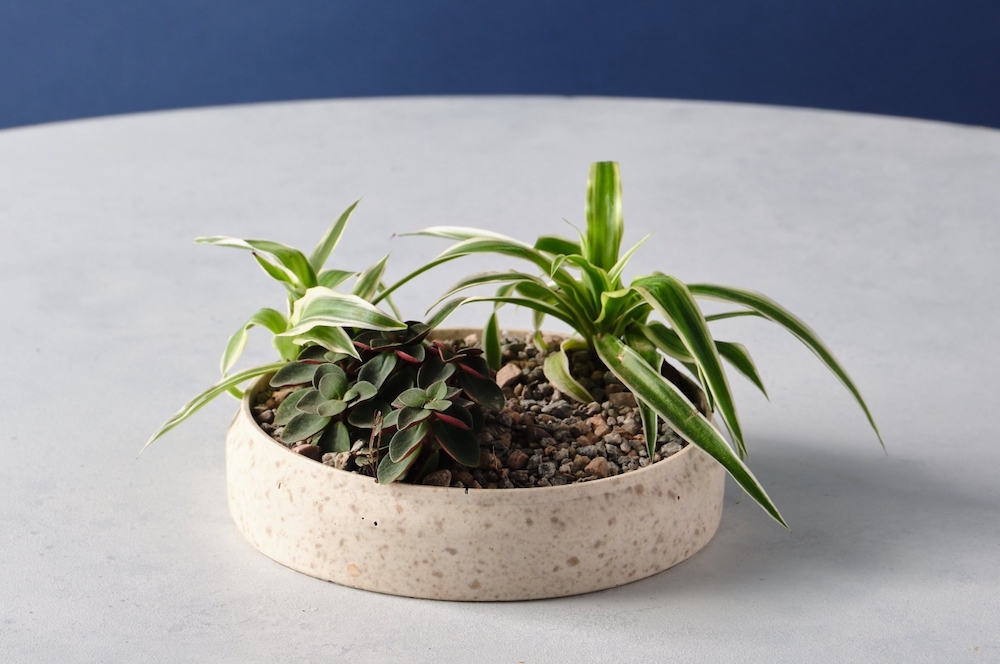
Image: Sarah Christensen
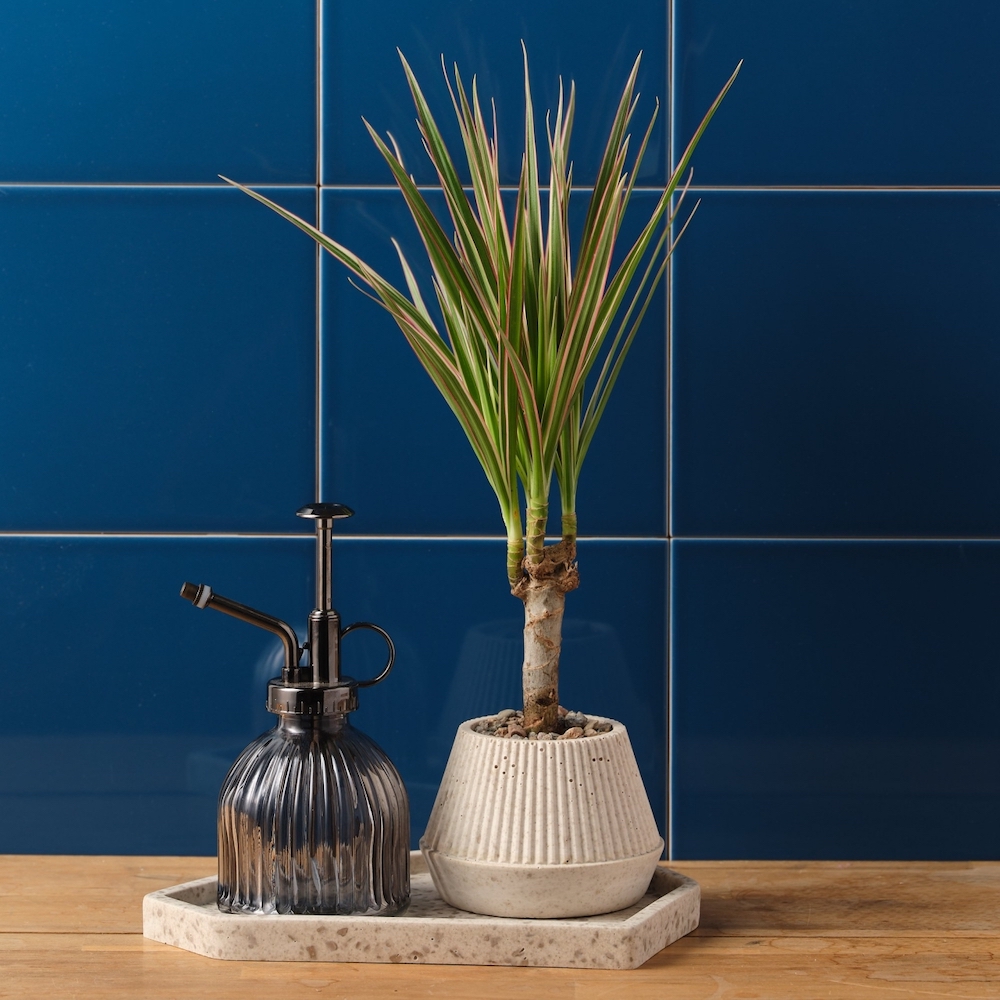
Image: Sarah Christensen
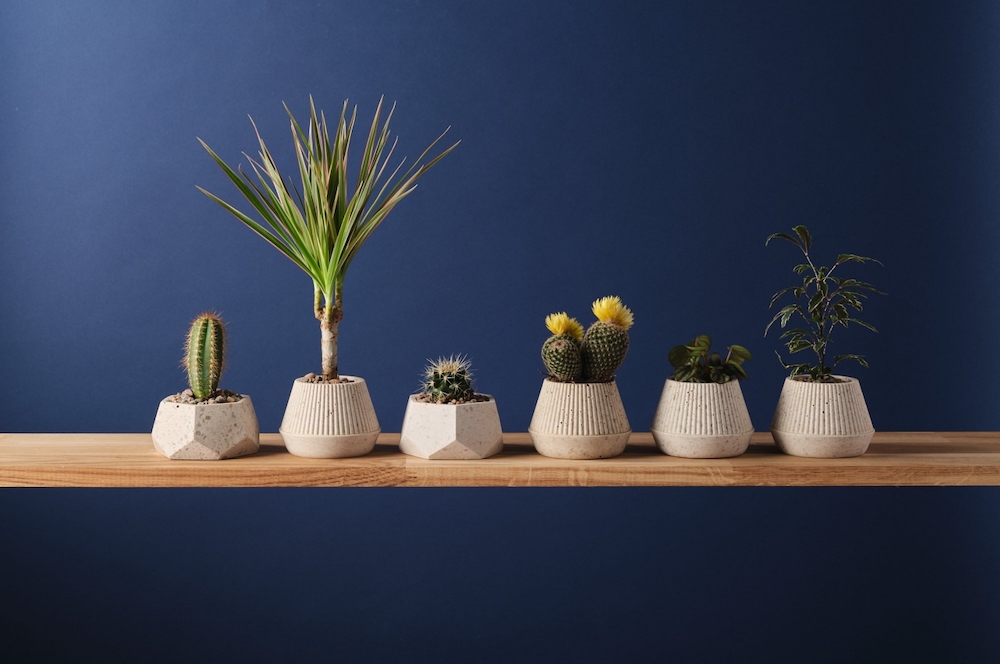
Image: Sarah Christensen


